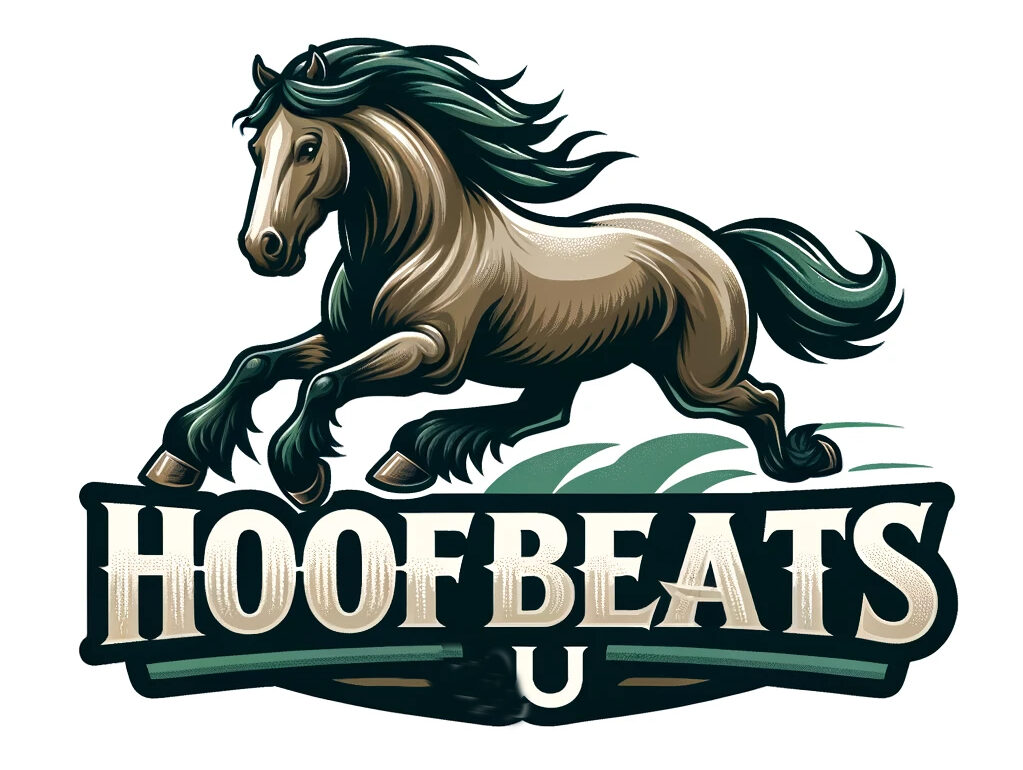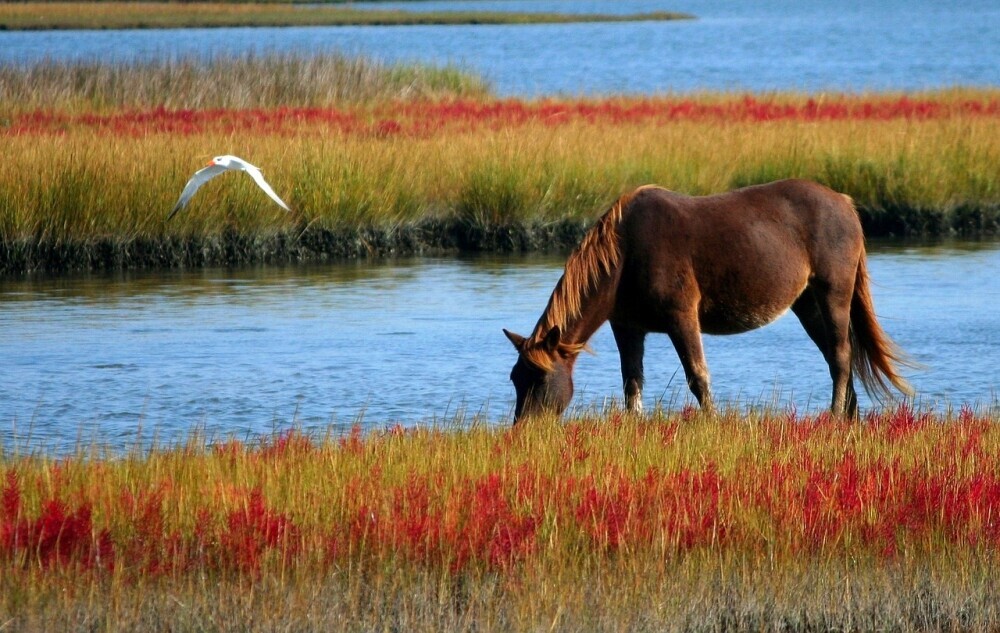
Getting your horse’s nutrition right is the foundation of good horse care. A balanced diet doesn’t just keep your horse looking healthy, it makes sure it’s performing well, feeling energetic, and staying in good spirits.
Horses need a mix of proteins, fats, carbohydrates, vitamins, minerals, and water. Proteins help with muscle development and repair. Fats provide a concentrated energy source. Carbohydrates, which include fiber, are crucial for digestive health and slow energy release. Vitamins and minerals ensure that your horse’s bodily functions, from hoof health to coat shine, are in top shape. Don’t forget water – a horse should always have access to clean, fresh water to stay hydrated.
Nutritional deficiencies can really mess with your horse’s health. Without enough proteins, muscles can weaken and your horse might be more prone to injury. A lack of essential vitamins and minerals can lead to problems like brittle hooves, a dull coat, and even more severe issues like anemia or bone disorders. Keeping an eye on your horse’s diet ensures you can spot these issues early and keep them in check.
Creating a Customized Nutrition Plan for Your Horse

Every horse is unique, which means each one might need a different nutrition plan. Assessing what your horse specifically needs is the first step. Think about age, weight, activity level, and health status. Older horses often need more easily digestible feeds, while younger ones have higher energy demands.
Choosing the right feed isn’t as simple as picking up a bag that says ‘horse feed.’ You need to know the ingredients and what they offer. Hay is fundamental, but the type and quality of hay can vary. Some horses might need a mix of grains, while others do best with forage-based diets. Consider supplements if there are any specific deficiencies you’re addressing.
Feeding schedules are just as crucial as what you feed. Horses have small stomachs and are natural foragers, which means they do better on smaller, more frequent meals. Establish a routine that sticks to regular feeding times. This not only helps with digestion but also keeps your horse calmer and more predictable in behavior.
Monitoring and Adjusting Your Horse’s Diet

Nutrition isn’t static; you need to keep an eye on how your horse is responding to its diet. Signs of proper nutrition include a shiny coat, strong hooves, and a good energy level. Keep an eye on its weight, too. You want to notice changes before they become problems.
Common feeding issues can crop up even with a well-planned diet. Overfeeding can lead to obesity, while underfeeding can leave your horse lacking energy. Sometimes, despite your best efforts, your horse might refuse to eat. This could mean the feed isn’t palatable or there might be an underlying health issue.
Regular consultations with vets and nutritionists can make a big difference. They can provide insights that might not be obvious, offer advice on dietary adjustments, and help design a diet plan specific to your horse’s evolving needs. Keeping a detailed record of what your horse eats, along with any changes in its health or behavior, can also be incredibly useful during these consultations.

